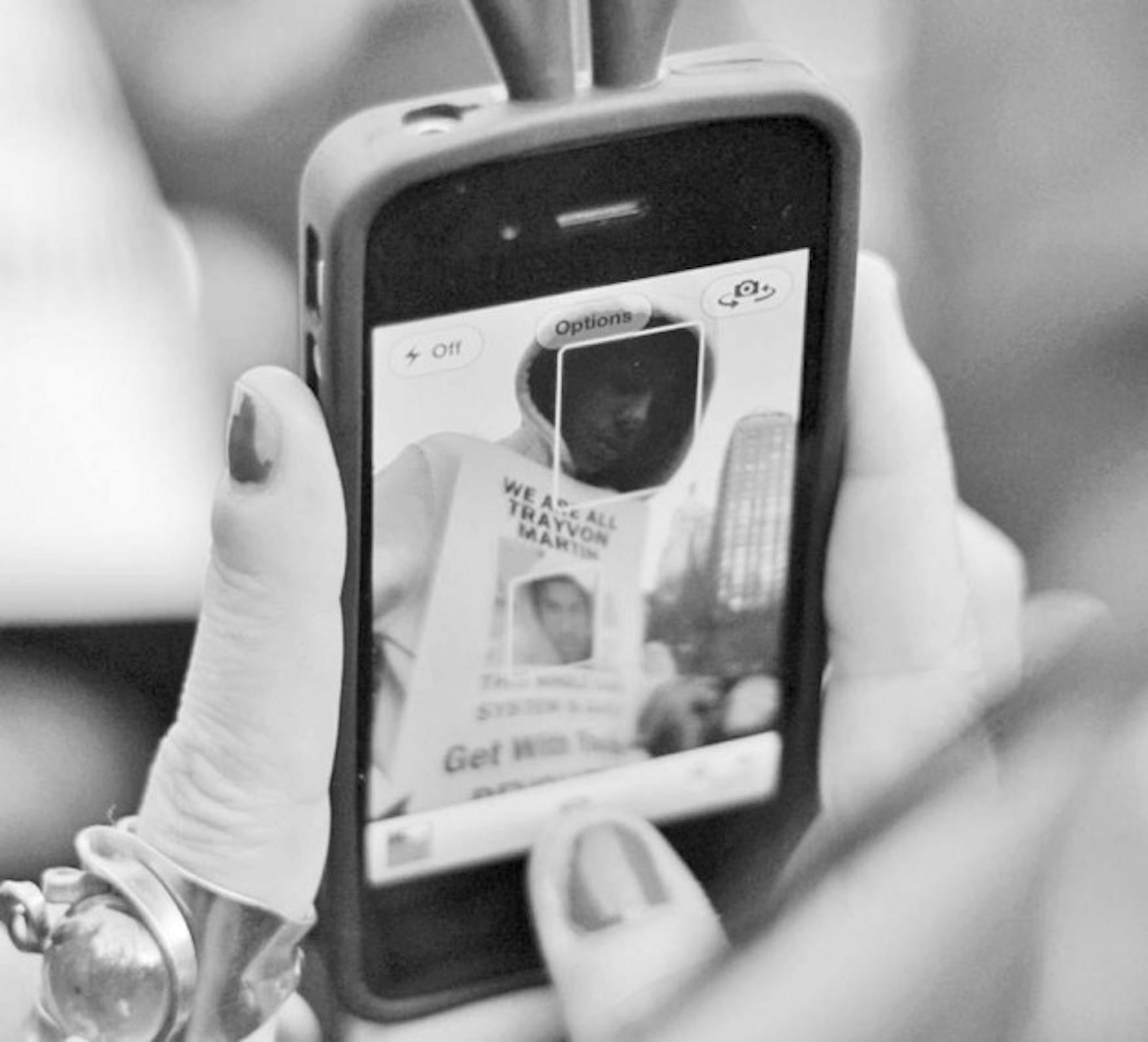Self defense laws in Florida enable unnecessary death
On Feb. 26, 2012, 17-year-old Trayvon Martin was shot and killed by George Zimmerman, the captain of the neighborhood watch in the gated community in Sanford, Florida where Martin was walking home.
There is no doubt of Zimmerman's guilt with regard to the killing. He has confessed to it, claiming "self-defense," but he has yet to be arrested. Even if he is arrested, there is a possibility he will be acquitted because of Florida's controversial "Stand Your Ground" law. This piece of legislation radically redefines "self-defense" as an extension of the "Castle Doctrine" to virtually anywhere in the state. The "Castle Doctrine" is an American legal doctrine derived from English common law that states because a man's "home is his castle," he is allowed to use whatever force necessary, even lethal force, to defend it. However, in any other location, someone has a "duty to retreat" from a dangerous situation before resorting to force for protection. "Stand Your Ground" laws eliminate that requirement.
The merits of "Stand Your Ground" are quite clear; the right to self-defense is immensely important. If an individual's life is being threatened, why should he or she have to retreat first before fighting back? Retreating may give someone's assailant the opportunity to hurt or kill him or her. In the intense moments when your life is being threatened, it is difficult to distinguish the extent of the danger. When the police or a Good Samaritan is not around to help you, you need the legal protection of the right to self-defense.
So while tragedies like Trayvon Martin's death may occur, isn't "Stand Your Ground" a fundamentally just and useful law?
No, and here's why. "Stand Your Ground" has opened the door for simply unjustified instances of "self-defense." The elimination of the "duty to retreat" means lethal force can now be used in situations where it is unnecessary to resolve the conflict. Rather than requiring citizens to retreat first and avoid using lethal force until absolutely necessary, unwarranted deaths can occur, and the killers can be acquitted. It is precisely because of deaths, like Martin's, that even if the idea behind "Stand Your Ground" makes sense, it is a flawed policy.
Consider what happened in the Trayvon Martin case.
An armed man shot an unarmed teenager, claiming that he used his gun only after a fight broke out. It is unclear exactly who started the fight. Martin began walking quickly to leave the neighborhood when he noticed Zimmerman following him. Witnesses later that said they heard cries for help before hearing the gunshot that ended Martin's life. Considering Zimmerman had a gun and Martin had a bag of Skittles, it does not seem like Martin was ever a real threat.
Zimmerman could have easily intimidated Martin with his gun rather than harass him to prompt a violent outburst or start the fight himself. In a case such as this, "Stand Your Ground" would be letting an armed citizen kill an unarmed citizen with impunity. Unfortunately, Martin's murder is the not the first case of "Stand Your Ground" being abused to potentially justify murder.
Take the story of David James, who was murdered while playing basketball with his 8-year-old daughter when an elderly man, Trevor Dooley shot him in 2010. The two men were arguing when Dooley revealed his gun and James, an Iraq War veteran, tried to disarm him.
As they struggled, Dooley shot him through the heart.
Even in this case, where a fight clearly occurred, the leniency of "Stand Your Ground" may lead to Dooley being exonerated-he is currently on trial-for a potentially unwarranted murder.
There appears to be no evidence that he was in any immediate danger, and it was Dooley who escalated the situation into a violent one by drawing his gun.
Beyond all of this, the fact that Dooley could have easily retreated from the court and called the police shows how requiring retreat from such situations can prevent unnecessary deaths from occurring. But, by removing the duty to retreat before resorting to force, "Stand Your Ground" can be easily abused by people like Dooley to get away with murder.
To me, the lesson we should take from cases like these is that self-defense is a very complicated right. People need to feel that if their life is truly in danger, they can use any force necessary to protect it. But when armed individuals can potentially be acquitted for killing an unarmed person, especially in cases where numerous alternatives to firing the gun exist, the law needs to change. That is the value of the "duty to retreat," which makes sure that citizens avoid using force until they absolutely have to.
It is indisputable that firearms, or any weapon for that matter, are valuable self-defense tools.
And lethal force, be it from firing a gun or beating someone to death, is sadly sometimes needed. But, we must structure the law to limit the use of deadly means to those extreme situations. "Stand Your Ground" is counterproductive to this end, and will only lead to more and more unnecessary deaths if it remains in effect.
*



Please note All comments are eligible for publication in The Justice.